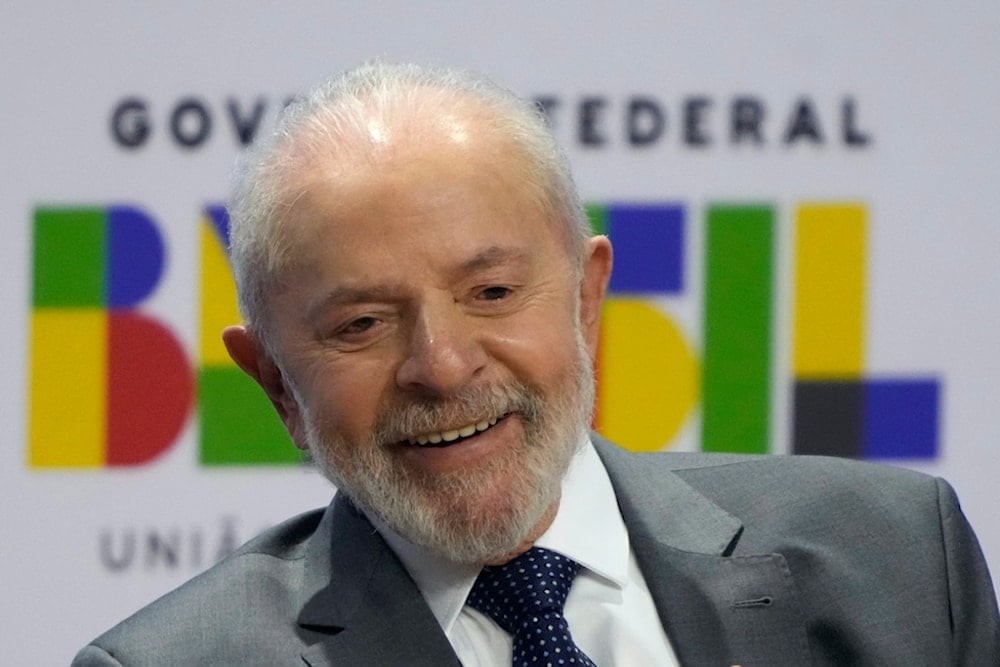Lula to discuss long-term strategic partnership with China
The Brazilian head of State was clear in stating that Brazil's relationship with China would not come at the expense of its ties with the US.
-

Brazil's President Luiz Inacio Lula da Silva attends the opening of a national science and technology conference, in Brasilia, Brazil, Tuesday, July 30, 2024 (AP Photo/Eraldo Peres)
Brazilian President Luiz Inácio Lula da Silva announced on Wednesday that he plans to discuss a "long-term strategic partnership" with China when he meets with Chinese President Xi Jinping later this year in Brazil.
The meeting will take place in Brasilia following the G20 leaders' summit in Rio de Janeiro in November.
Speaking at an event, Lula mentioned that China, Brazil's largest trade partner, has expressed interest in discussing its Belt and Road Initiative (BRI) with the South American nation.
The initiative, which aims to enhance global trade infrastructure, could see Brazil potentially joining as a participant, signaling a deepening of ties between the two countries.
However, Lula was clear in stating that Brazil's relationship with China would not come at the expense of its ties with the US. "We want our economy to be stronger than ever, so we need to find partners," Lula said. "Do not think that I want to pick a fight with the US On the contrary, I want the US on our side as much as I want China."
Read more: Brazil ratifies free trade deal with Palestine in show of solidarity
Lula added that Brazil and the US are the two largest democracies in the Western Hemisphere, and it is important to maintain balanced relations with both global powers.
In addition to his plans with China, Lula revealed that he is scheduled to visit Japan in March 2025 as part of his government's efforts to strengthen diplomatic ties worldwide.
China's Expanding Role in Brazil
China has significantly increased its investment in Brazilian infrastructure in recent years, establishing itself as a key partner in the development of large-scale projects.
Notable investments include the construction of the Salvador-Itaparica bridge in Bahia, which will be the second-longest bridge in Latin America.
This $1.3 billion project, financed largely by Chinese companies, is being undertaken by China Communications Construction Company and China Railway 20 Bureau Group.
In addition to this, Chinese firms are involved in various other infrastructure projects, including the FIOL Railway Project, a critical freight line that will enhance connectivity and reduce transportation costs for Brazil's agricultural and mineral exports.
Moreover, China is also investing in Brazil's energy sector, with projects like the expansion of wind power facilities and photovoltaic plants.

 3 Min Read
3 Min Read








